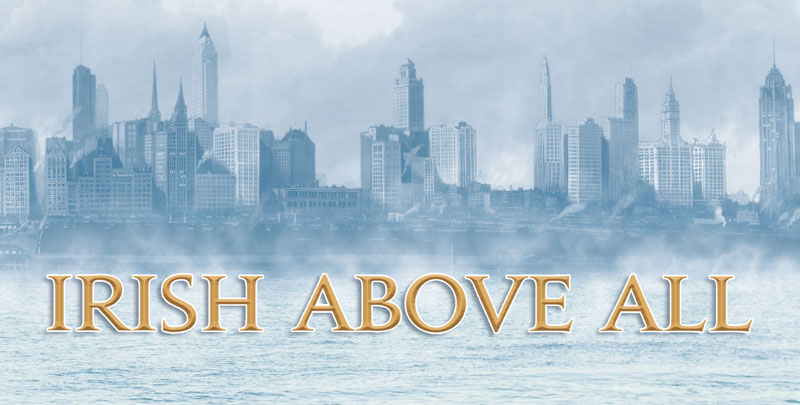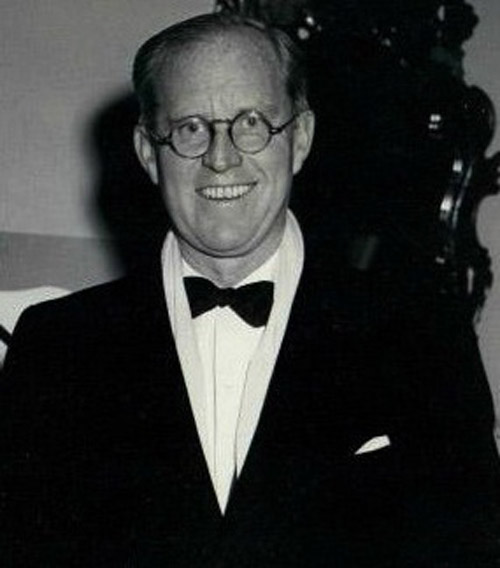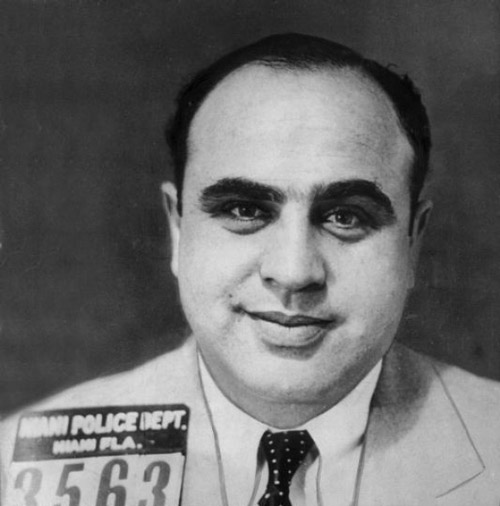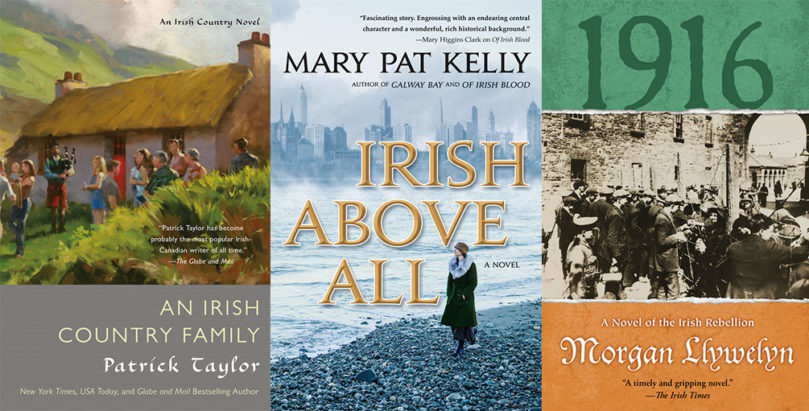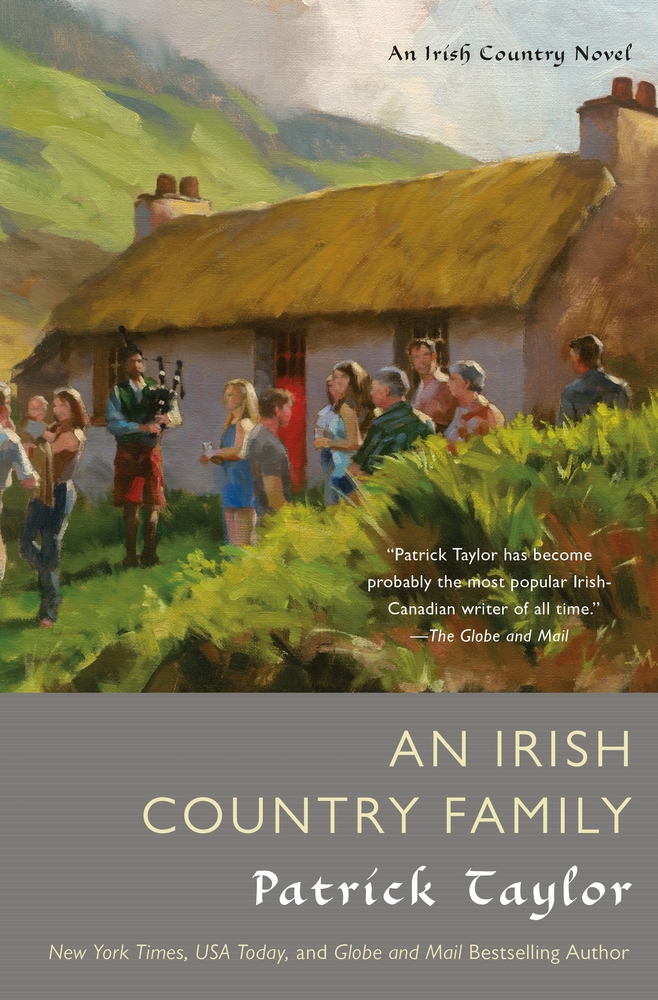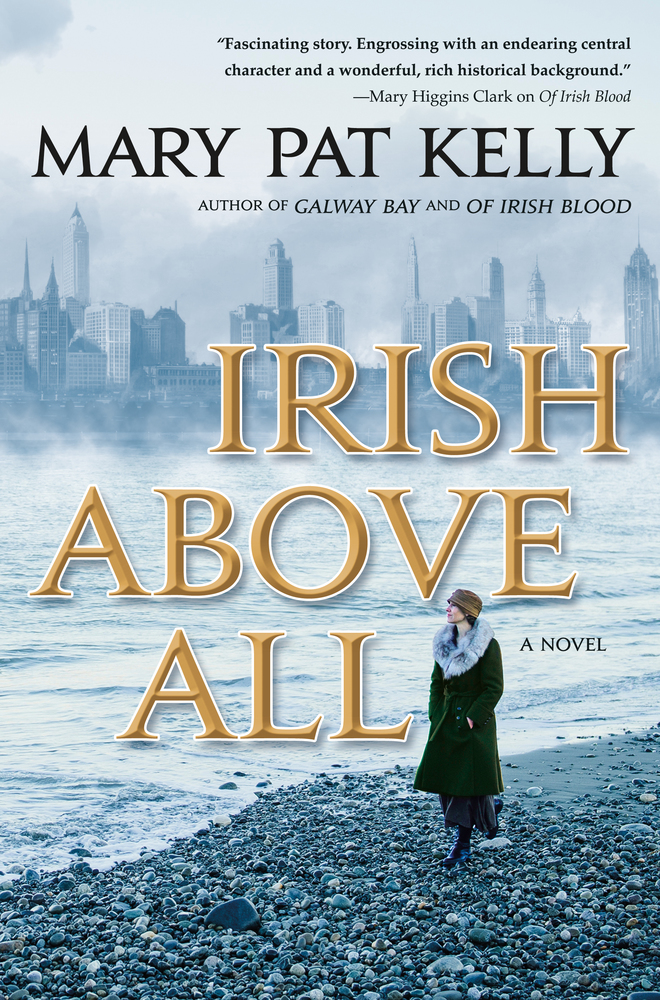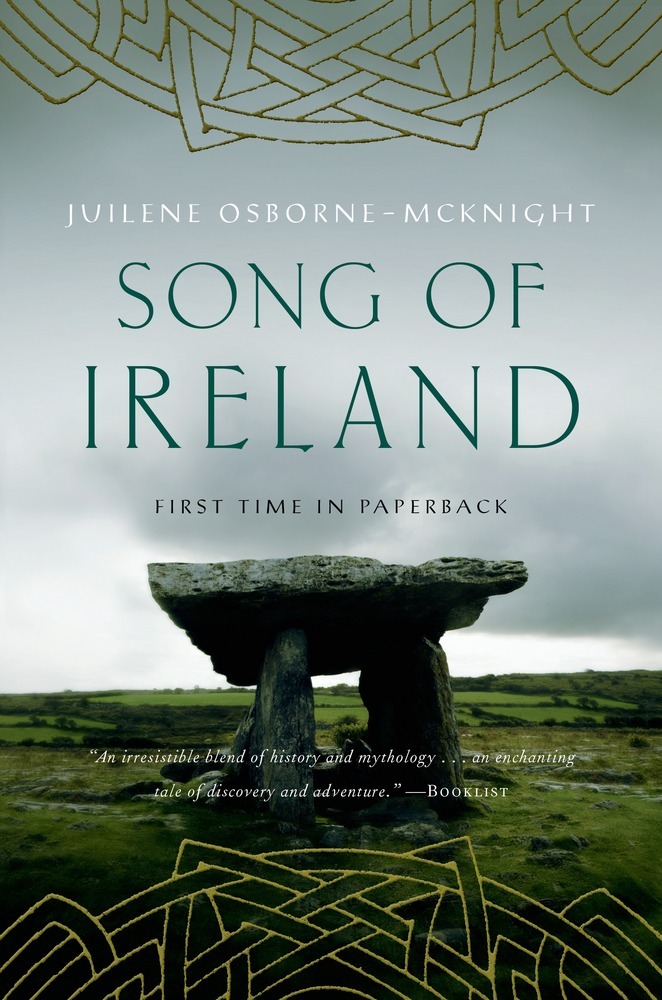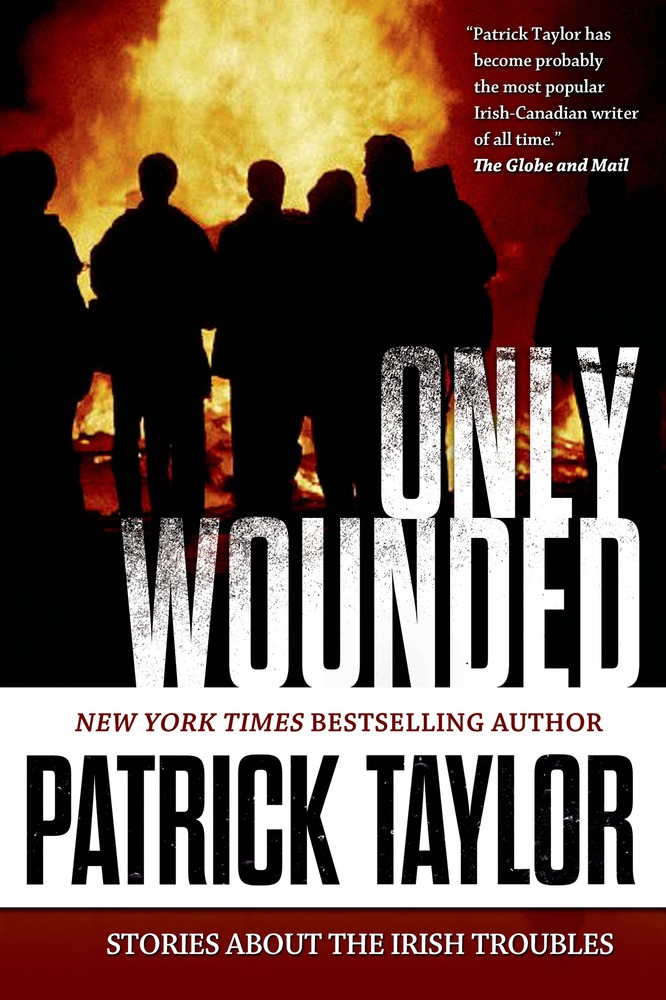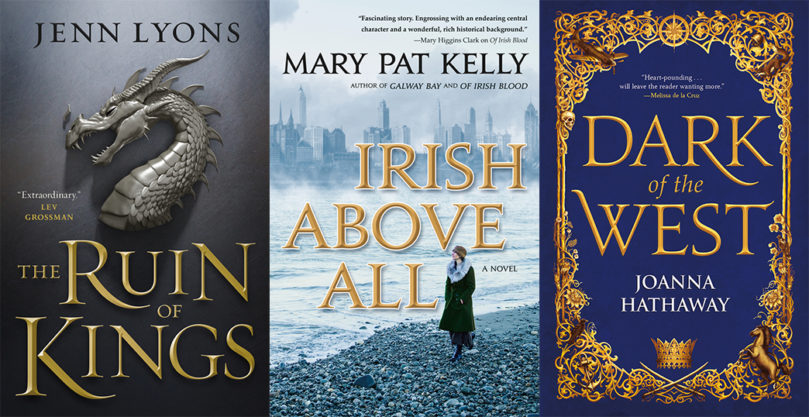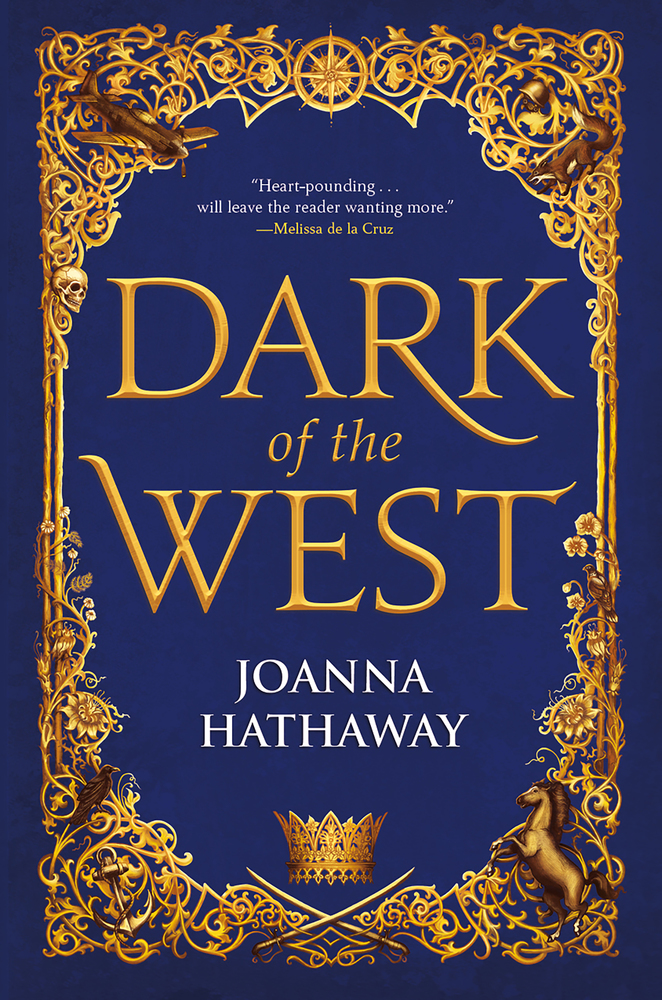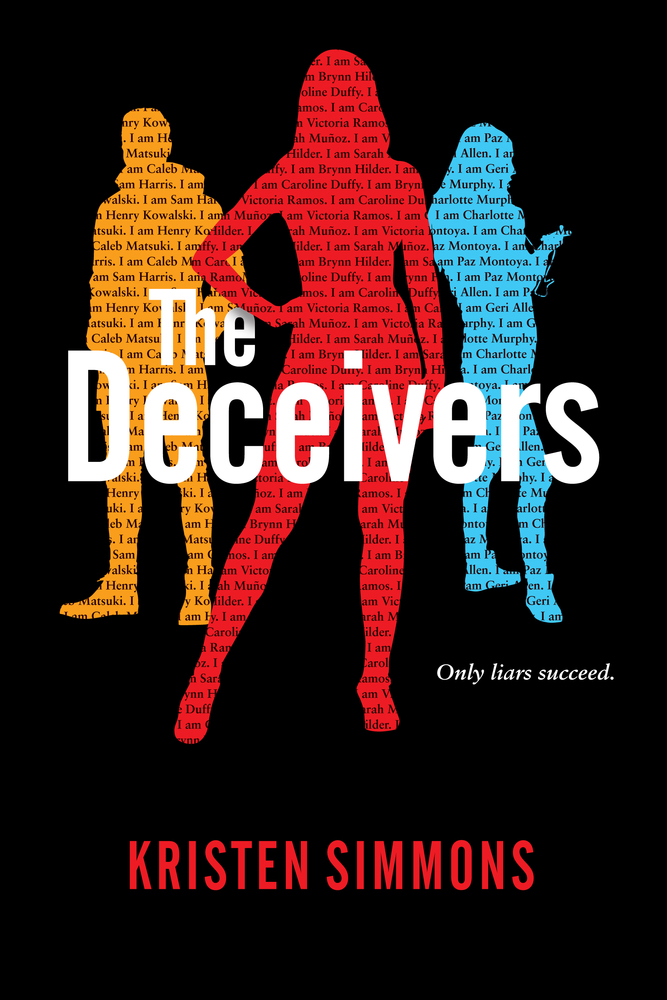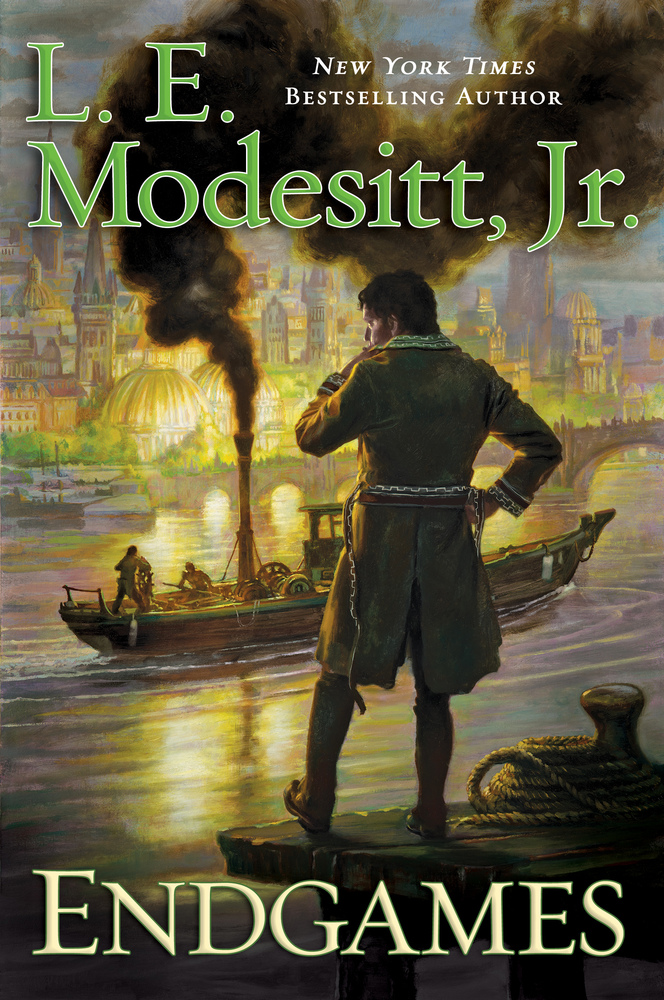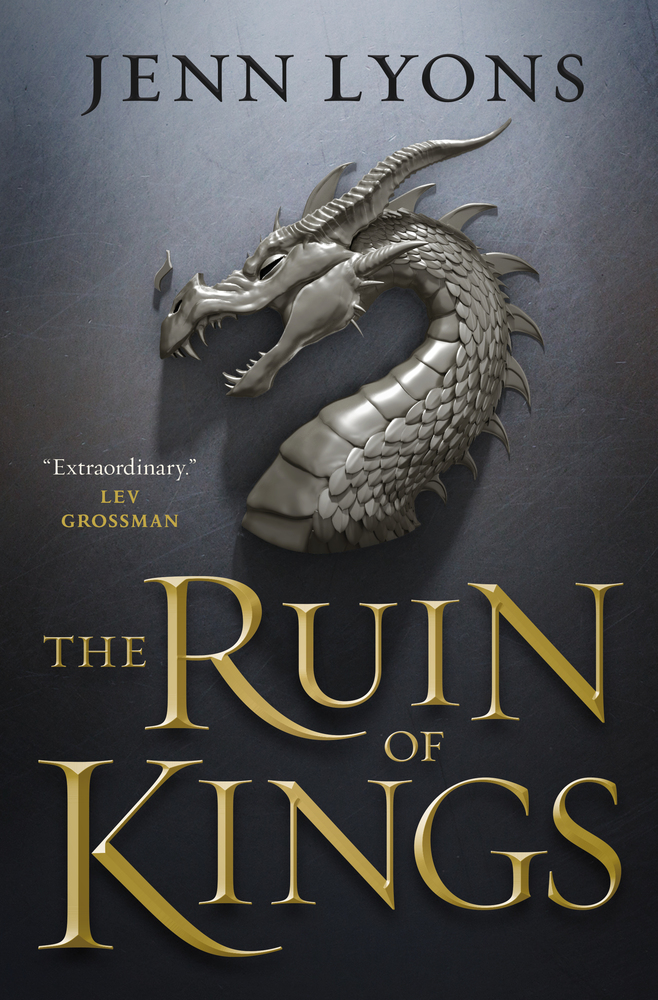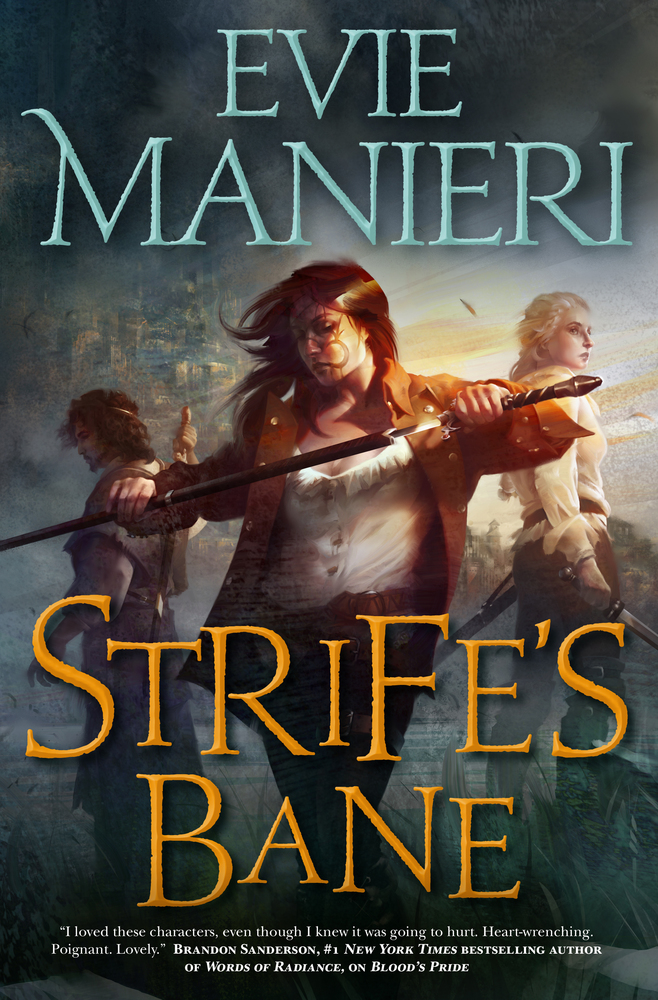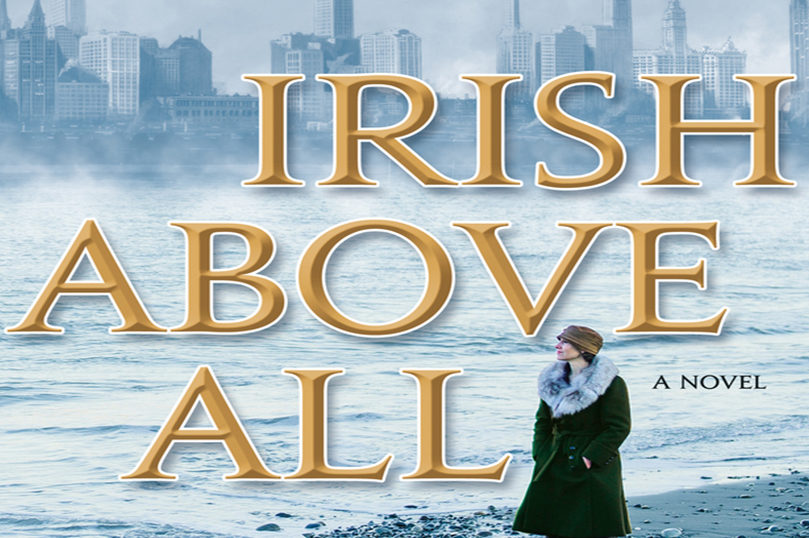By Lizzy Hosty
St. Patrick’s Day always holds a special place in my heart from growing up in an Irish American household – every year was celebrated with corned beef and cabbage, cake, and, of course, various types of beer. Last year, everyone’s celebrations were put on hold due to the beginning of the quarantine, and it’s pretty sad to know that yet again I will not be able to celebrate with family again this year. If you’re in that same camp, don’t worry! I’ve created a list of fun activities you can do to commemorate the day and still feel connected to your family and friends.
- Buddy read a great Irish book!
Reach out to one of your loved ones and ask them if you want to read a book at the same time together, and then chat on Zoom afterwards to debrief – kind of like a mini-book club! Some books to get you started are:
- An Irish Country Welcome (or any of the Irish Country Books) by Patrick Taylor, about a close-knight Irish village anticipating the birth of the town’s beloved doctor, Barry Laverty and his wife Sue at the tail end of the 1960’s.
- Of Irish Blood or Irish Above All by Mary Pat Kelly, of the Of Irish Blood series, which follows Nora Kelly a young woman in the beginning of the 20th century, and who inadvertently interacts with key Parisian celebrities, like Gertrude Stein (in Of Irish Blood) and important American politicians, like President-elect Franklin Roosevelt (in Irish Above All).
- Finn Mac Cool by Morgan Llywelyn, book three in the Celtic World of Morgan Llwelyn series, and which is about the mystical person of Finn Mac Cool – part myth, parth history – who rose from lowest classes of Irish society to eventually lead the invincible army of Fianna.
2. Decorate your living space with party supplies!
Even though we can’t host traditional parties anymore, we can still make the place look festive and merry! Either brave entering your closest dollar store, or order online with quick shipping, and scoop up some faux pots of gold, four leaf clover sunglasses, green beaded necklaces, green party garlands, leprechaun decals, rainbow stickers, and don a green St. Paddy’s day top hat.
3. Invite your friends and family to watch an Irish movie online and drink your beverage of choice!
Some streaming services are now offering ways to watch movies on the site with other folks that have an account, including Disney+ (built into the website), Amazon Watch Party (still in beta), Hulu Watch Party, Teleparty (a third party extension that lets you watch multiple sites, including Netflix), and for when only one member of the group has a subscription, use Kast, formerly known as Rabbit (third party extension). Some Irish movies to suggest to your friends are The Luck of the Irish, anything with Saorise Ronan in it (Little Women, Lady Bird, Brooklyn), and The Breadwinner.
4. Cook some traditional Irish foods!
Listen, don’t let the “and cabbage” part of corned beef and cabbage throw you off – this dish is actually really delicious, and is well worth the time it takes to make it. But if you’d rather forgo the time and cabbage (I’m telling you, you’re missing out!), there’s also shepherd’s pie and Irish soda bread. And if you want to make some dessert, you can always scoop up some easy to make cookies with those four leaf clovers on them, or you can make Mint Chocolate Chip Cookies (or just buy a tub of Mint Chocolate Chip ice cream; both works).
5. Listen to some Irish pub songs!
Recently on TikTok, there has been a craze with listening to sea shanties, and while I definitely recommend listening to all those videos immediately if you haven’t, you can also listen to the jovial group songs that once permeated Irish pubs, like “If You’re Irish, Come Into the Parlour,” “The Fields of Athenry,” or “Whiskey in a Jar.”


